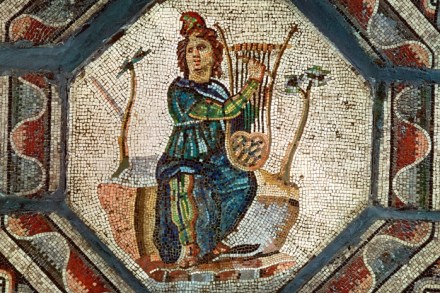The father of songs
More from Books‘The two great gifts of the Greeks to humanity, said the poet Hölderlin, were Orpheus-Love and Homer-Song.’ ‘The two great gifts of the Greeks to humanity, said the poet Hölderlin, were Orpheus-Love and Homer-Song.’ The great German poet’s statement shows him as belonging to our own phase of Western civilisation. For us Orpheus — born



